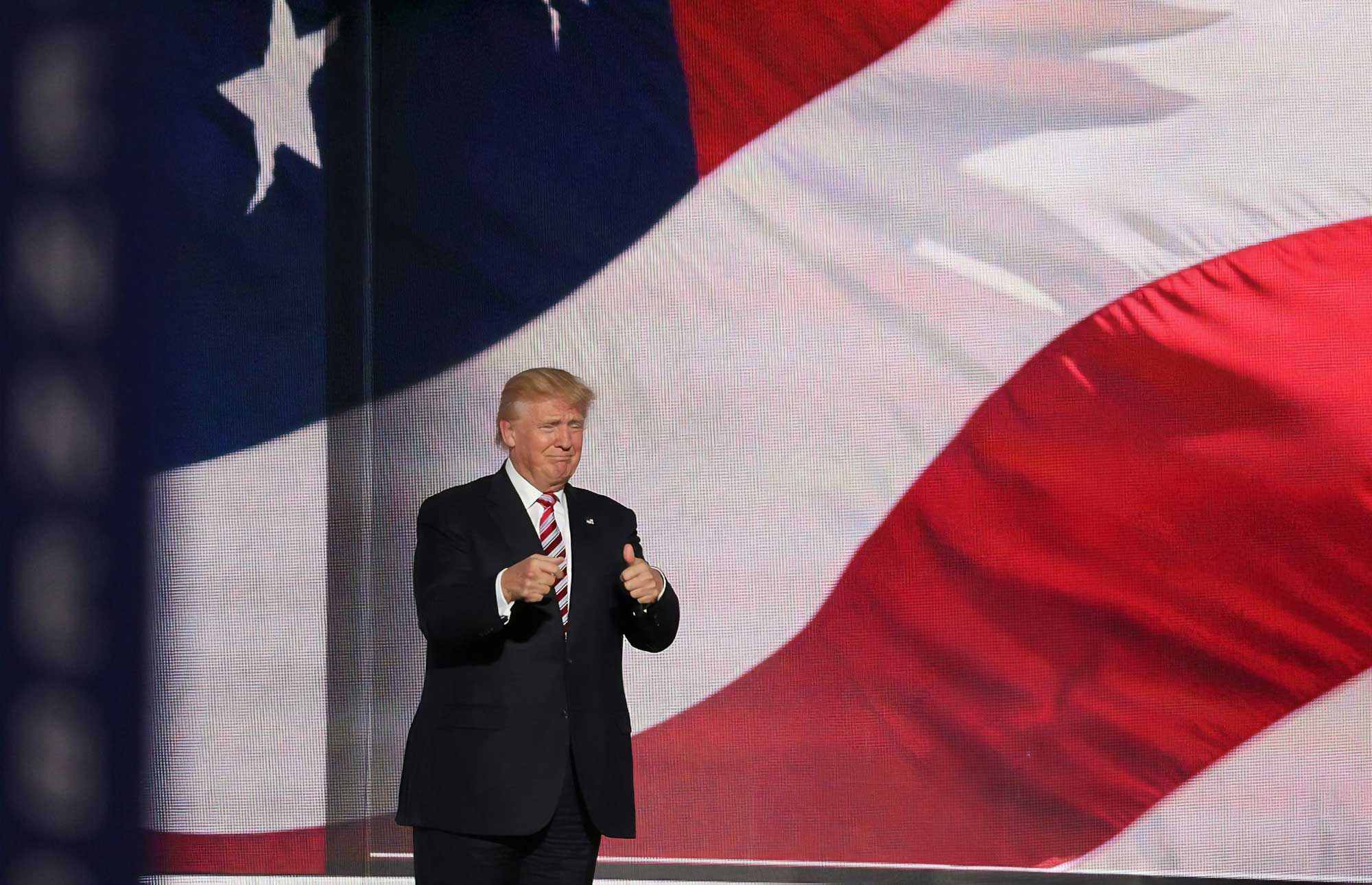As the 2024 election approaches, it’s crucial to examine the potential impacts on immigration policy if Donald Trump is re-elected as President of the United States. Based on his previous tenure, his and his running mate’s public statements and Project 2025, many significant changes will negatively affect immigrants and the immigration system as a whole.
Reinstatement of the Travel Ban
One of the most controversial actions during Trump’s presidency was the implementation of the travel ban, often referred to as the “Muslim Ban.” This executive order initially suspended visa issuance to nationals from several predominantly Muslim countries. If re-elected, Trump has promised to:
- Reinstate and expand the travel ban to include more countries.
- Increase restrictions on visa issuance for nationals from specific regions, particularly those with large Muslim populations.
- Implement more stringent vetting processes for visa applicants from these countries (MASSIVE increase in “administrative processing and huge increase in denials).
Increased Use of Executive Orders
Trump’s administration was marked by a heavy reliance on executive orders to implement immigration policies. This trend will continue, and will lead to:
- Rapid and unilateral negative changes to immigration policies without legislative oversight (FDNS approval of every application and petition).
- Increased uncertainty and instability for immigrants and their families.
- Erosion of established legal norms, rights, and protections for immigrants.
Stricter Immigration Enforcement
Trump’s previous administration focused heavily on strict immigration enforcement, and this will continue, on steroids:
- Massively increased deportations and detentions of undocumented immigrants. Remember there are already 3,000,000+ people in removal proceedings. Simple administrative changes and these cases can be processed much more rapidly if a concern for due process is set aside..
- Expansion of the “zero tolerance” policy, leading to renewed family separations at the border, with another focus on prosecuting ALL irregular immigration.
- Enhanced authority for immigration officers to deny applications and petitions without issuing Requests for Evidence (RFEs) or Notices of Intent to Deny (NOIDs).
Changes to Asylum Policies
Trump’s administration made several attempts to restrict asylum access, and these efforts will be revived and expanded beyond those carried out under Biden, including:
- Limiting the grounds on which asylum can be granted.
- Implementing policies that make it more difficult for asylum seekers to enter and remain in the U.S. while their claims are processed.
- Increasing the use of expedited removal procedures for asylum seekers.
Impact on Legal Immigration
Legal immigration pathways will also face significant changes, including
- Reinstating policies that eliminate deference to prior nonimmigrant petition approvals, leading to increased denials and delays.
- Imposing heightened legal standards for visa categories like the L-1 and H-1B visas, making it more difficult for businesses to bring in skilled workers.
-
H-4 EADs and STEM EAD will be on the chopping block, and the entreprenuer parole program will be curtailed.
-
TPS for almost all countries will end and those individuals placed in removal proceedings (looking at you El Salvador, Honduras, Haiti, Venezuela (along with all the rest);
-
DACA will end, because they will have learned to do it the right way and will not defend it before the Supreme Court;
-
The new Parole programs will all end on January 21, 2025, as those are carried out, essentially under executive authority; and
-
- Certainly reducing or even eliminating the number of refugees admitted to the U.S. annually.
Public Charge Rule
The Trump administration’s “Public Charge” rule, which made it harder for immigrants to obtain green cards if they were deemed likely to use public benefits, will be reinstated. This will
- Discourage immigrants from accessing essential public services.
- Create additional barriers for low-income immigrants (parents and spouses) seeking permanent residency.
Conclusion
If Donald Trump is re-elected, his administration is pursue policies that could significantly restrict both legal and illegal immigration. These changes will lead to increased uncertainty, stricter enforcement, and reduced protections for immigrants. It is essential for those affected to stay informed and seek legal guidance to navigate the evolving landscape of U.S. immigration policy.






